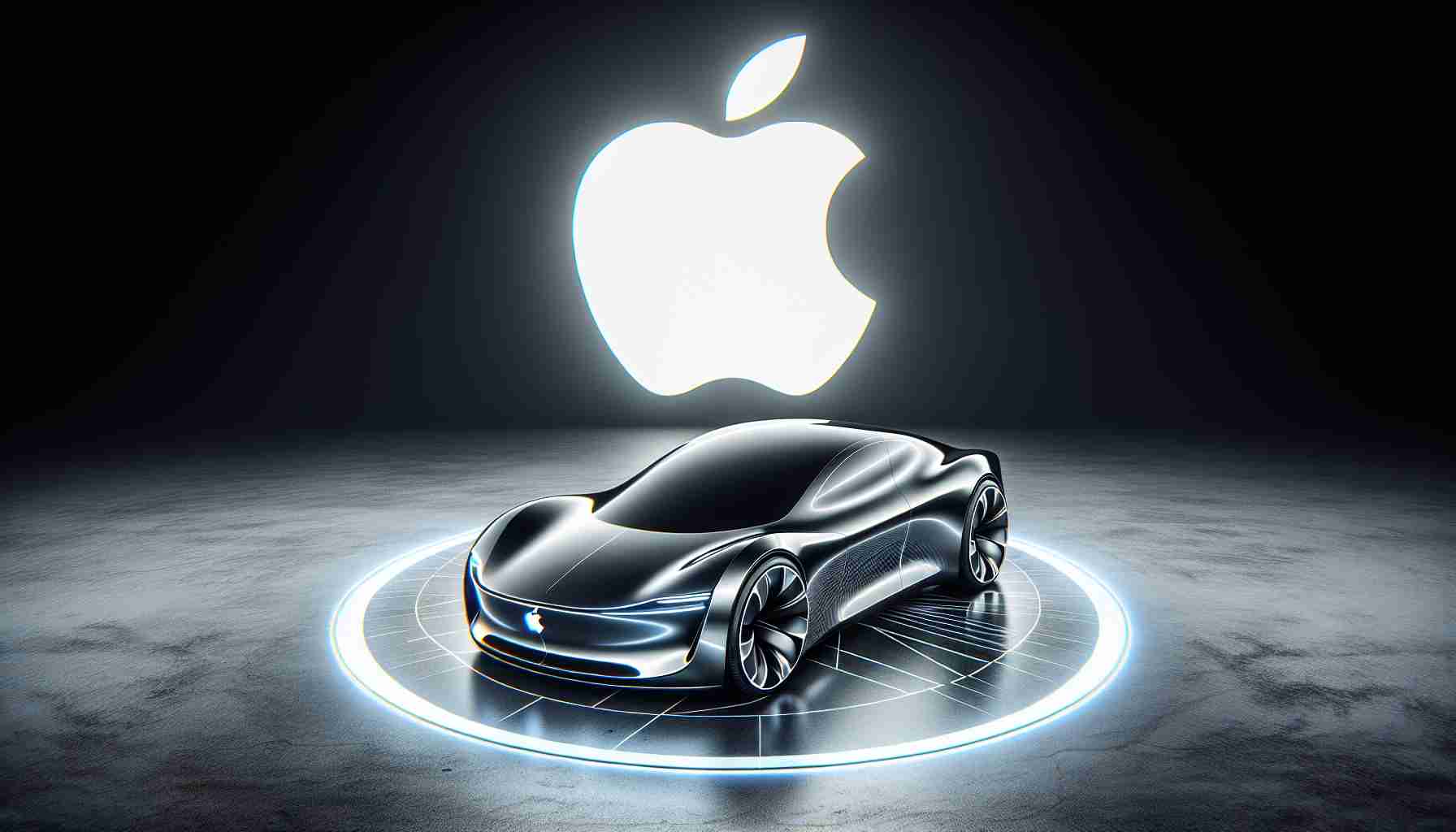Apple CarPlay has become an essential feature for many consumers in their car-buying decisions. The seamless integration of Apple’s user experience on infotainment screens has outshined the offerings of many car manufacturers. However, according to a recent antitrust lawsuit filed by the US government against Apple, the tech giant intends to extend its dominance beyond the infotainment screen and take control of your entire car dashboard.
The lawsuit accuses Apple of creating an illegal monopoly in the smartphone industry and stifling competition. While Apple is expected to fiercely defend its position, the automotive angle of the lawsuit raises intriguing questions. Currently, CarPlay is confined to the center-stack screen, but the lawsuit suggests that Apple intends to expand its influence:
Apple has reportedly informed automakers that the next generation of CarPlay will encompass all screens, sensors, and gauges in a car. This means that if you want to enjoy any of CarPlay’s features, you will have to adapt to an iPhone-centric driving experience dictated by Apple.
This statement is significant as it suggests a shift towards an all-or-nothing proposition – either embrace Apple’s complete control over your car’s instrument cluster, or forgo CarPlay altogether. While Apple’s design capabilities are impressive, many car owners may be hesitant to surrender the familiarity and control they have over their dashboard features.
One automaker, GM, has even contemplated prohibiting Apple CarPlay from their car interfaces in favor of their own user experience. However, the popularity of CarPlay among consumers suggests that this decision may not be well-received.
The concern arises from the potential risks associated with Apple’s takeover. What if a software update introduces a bug that misreports crucial information like fuel level? Such issues could leave drivers stranded or compromise the accuracy of critical data displayed on the instrument cluster.
While Apple’s dominance in the smartphone industry is undeniable, its expansion into the automotive sector raises valid concerns about user choice and the safety of essential car functions. The lawsuit’s language suggests that Apple demands total control, leaving little room for customization or alternative options.
As the case progresses, it will be interesting to see Apple’s response and hear from automakers regarding their perspectives on this matter. The future of CarPlay and its impact on the automotive industry hangs in the balance.
The automotive industry is a highly competitive market that has seen significant advancements in technology in recent years. With the rise of electric vehicles, connectivity, and autonomous driving, companies are constantly looking for innovative ways to attract consumers and gain market share. Apple CarPlay has emerged as a popular feature among car buyers, offering seamless integration with Apple’s user experience and access to a variety of apps and services.
According to market forecasts, the global connected car market is expected to grow at a CAGR of over 15% from 2021 to 2026. This growth can be attributed to the increasing demand for connected features, such as infotainment systems, navigation, and remote diagnostics. As consumers become more reliant on smartphones and expect a connected experience in their vehicles, the demand for Apple CarPlay and similar technologies is likely to continue to rise.
However, the recent antitrust lawsuit filed against Apple by the US government has raised concerns about the company’s intentions in the automotive sector. The lawsuit alleges that Apple is trying to extend its dominance beyond the infotainment screen and gain control over the entire car dashboard. If successful, this could potentially create a monopoly and stifle competition in the industry.
One of the key issues raised by the lawsuit is the potential loss of user choice and customization. Currently, CarPlay is limited to the center-stack screen, allowing users to retain control over other dashboard features. However, if Apple expands its influence to encompass all screens, sensors, and gauges in a car, users may be forced to adapt to an iPhone-centric driving experience.
Another concern is the safety and reliability of essential car functions. If Apple were to take complete control over the instrument cluster, there is a risk that software bugs or updates could impact the accuracy of critical information, such as fuel levels or speed. This could pose a safety risk and potentially leave drivers stranded or misinformed.
The lawsuit has also sparked discussions among automakers about their stance on Apple CarPlay. While some, like GM, have considered prohibiting CarPlay in favor of their own user experience, the popularity of CarPlay among consumers suggests that this decision may not be well-received. Automakers are caught between the desire to offer a seamless and familiar user experience and the need to protect their own brand identity and control over dashboard features.
As the case progresses, it will be crucial to watch Apple’s response and hear from automakers about their perspectives on the matter. The outcome of the lawsuit could have significant implications for the future of CarPlay and its impact on the automotive industry as a whole.
Related links:
– Statista: Connected Cars Market Forecast
– CNET: US government expands lawsuit to stop Apple CarPlay
– Reuters: EU regulator opens investigation into Apple’s competition in digital ads
The source of the article is from the blog dk1250.com
